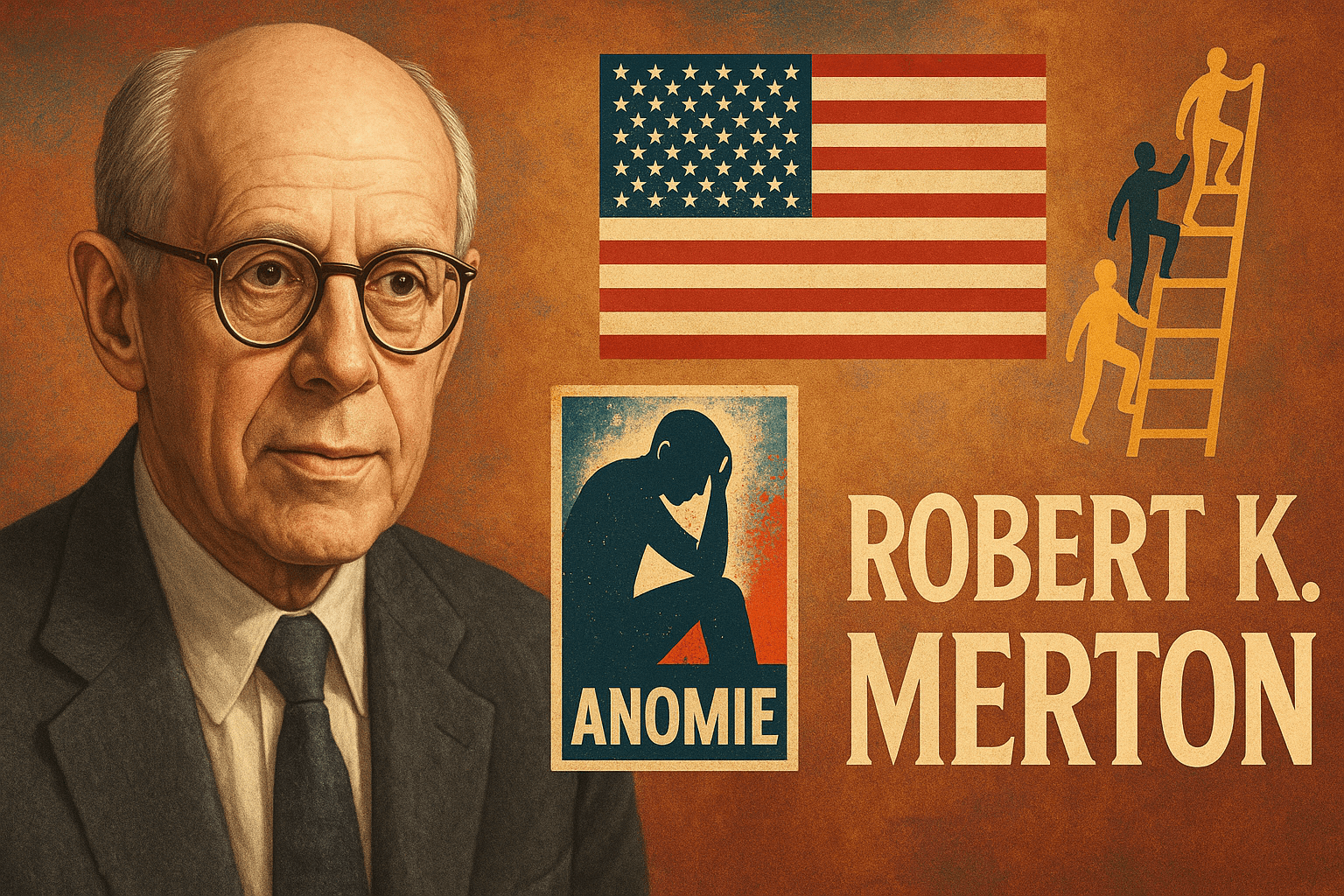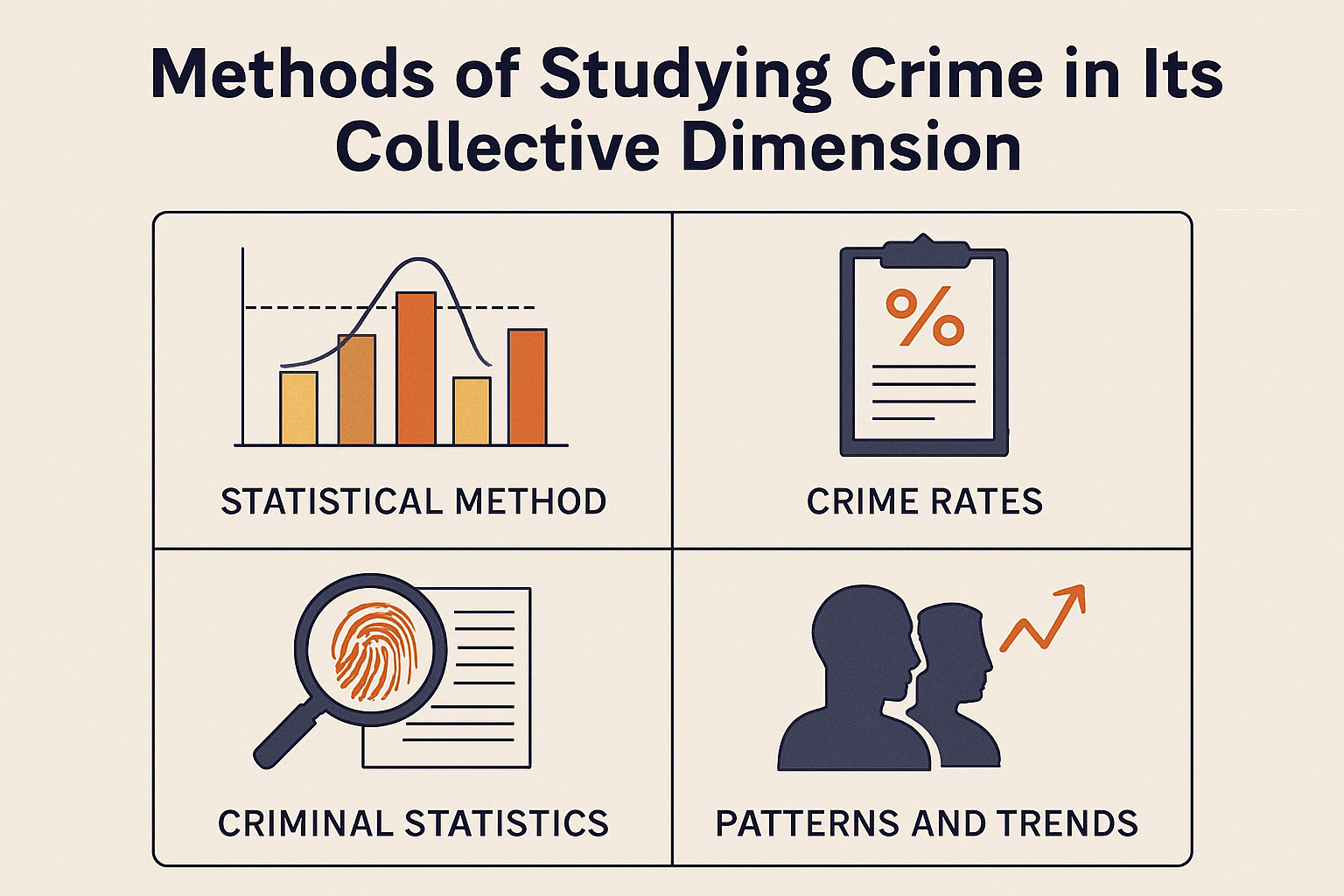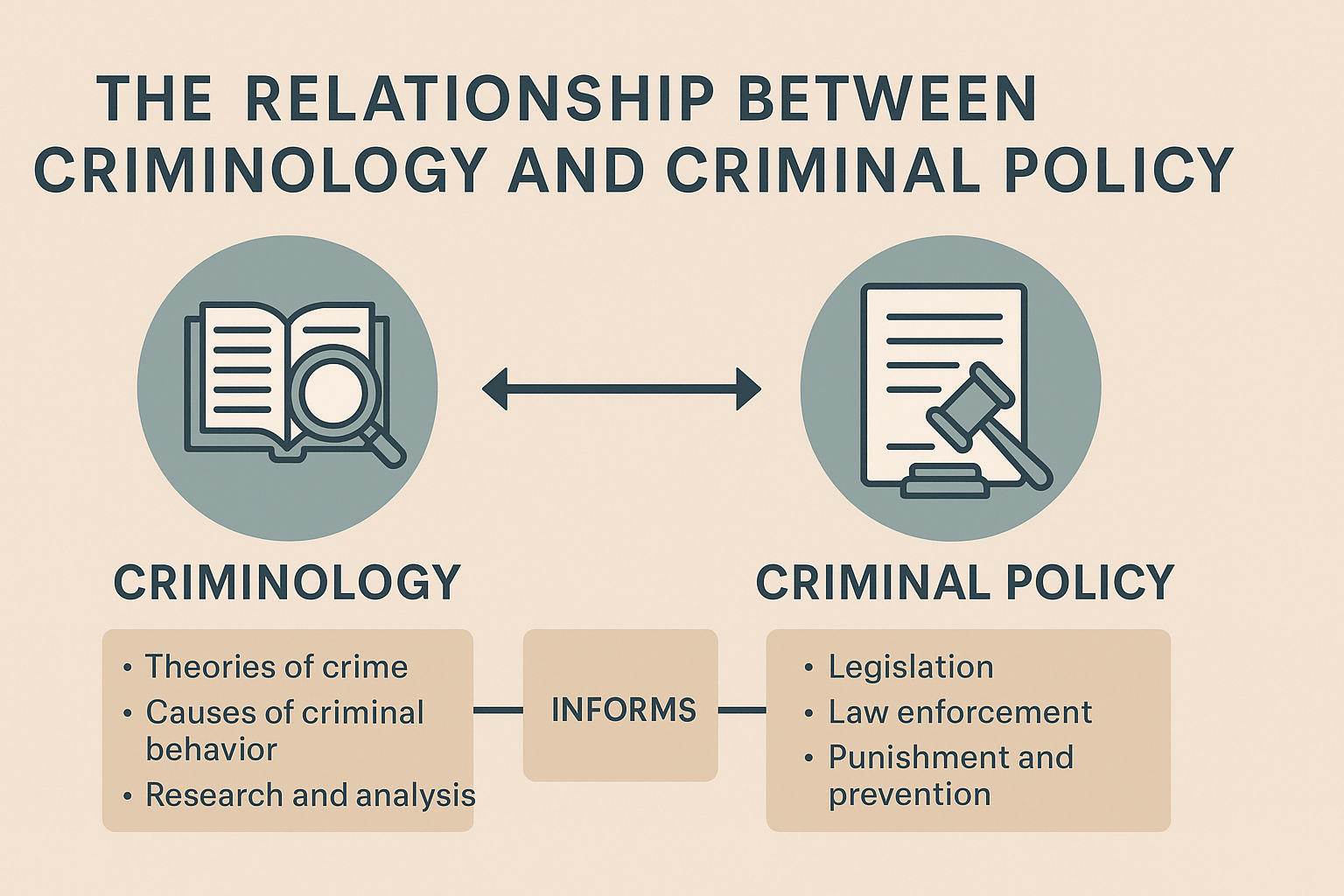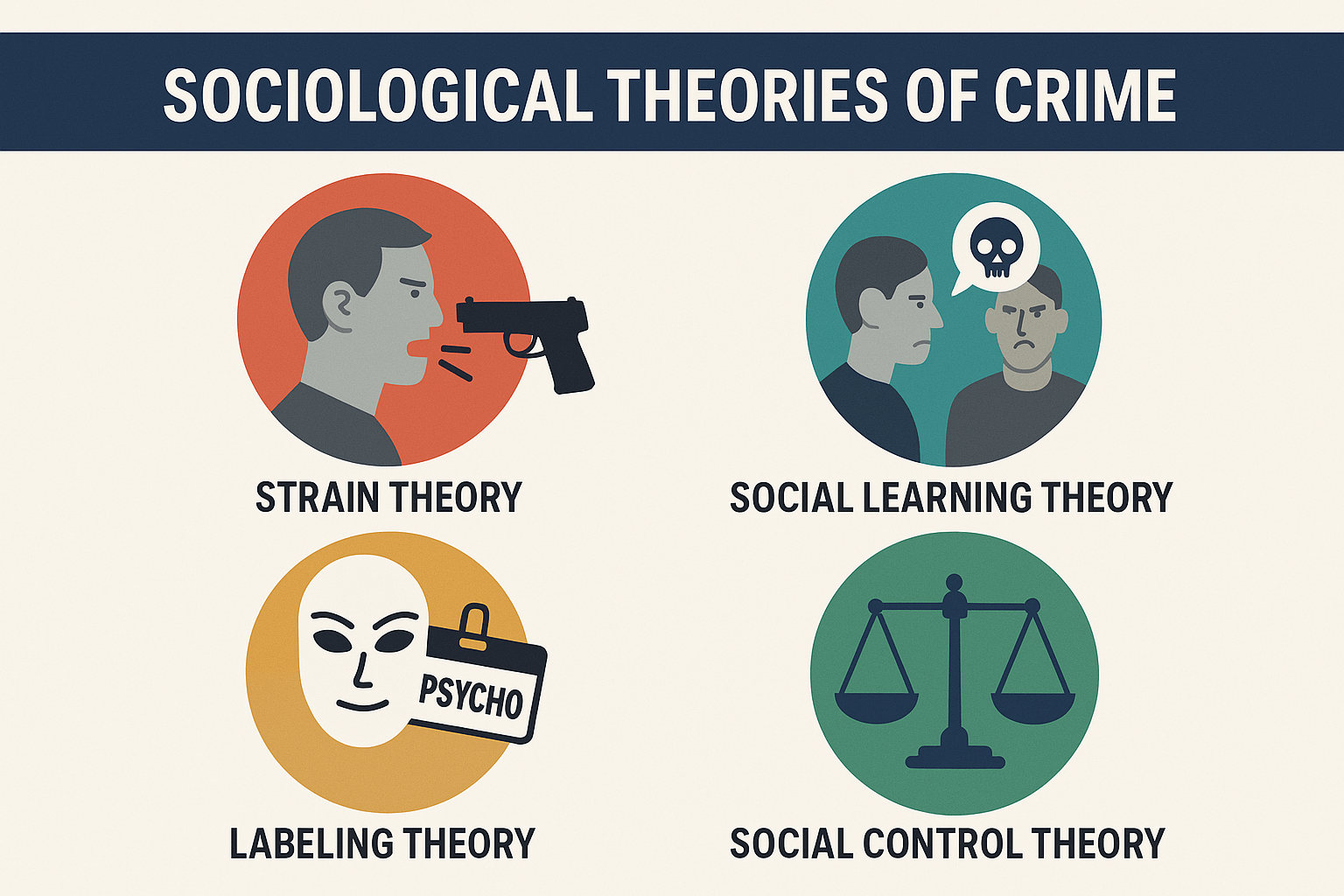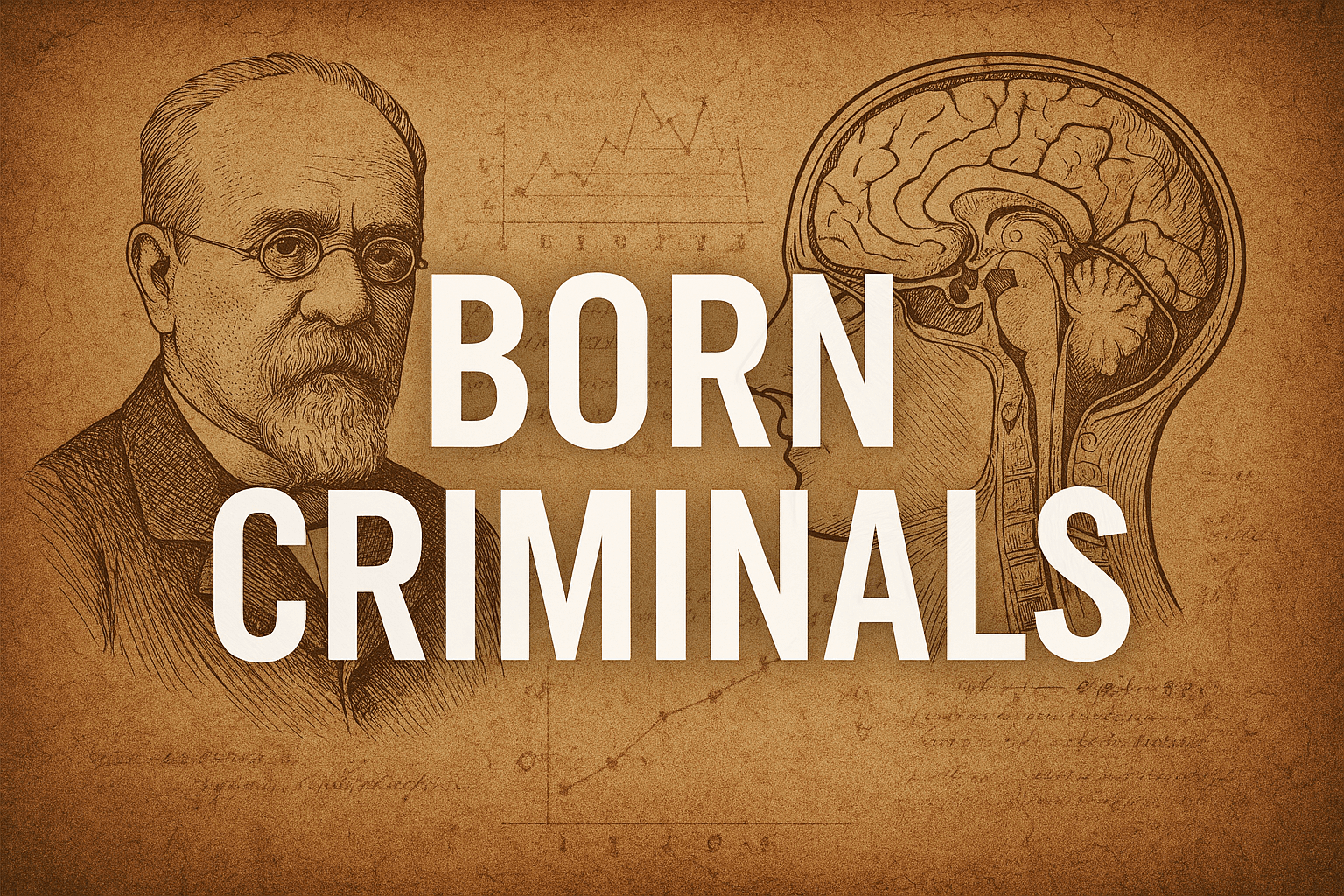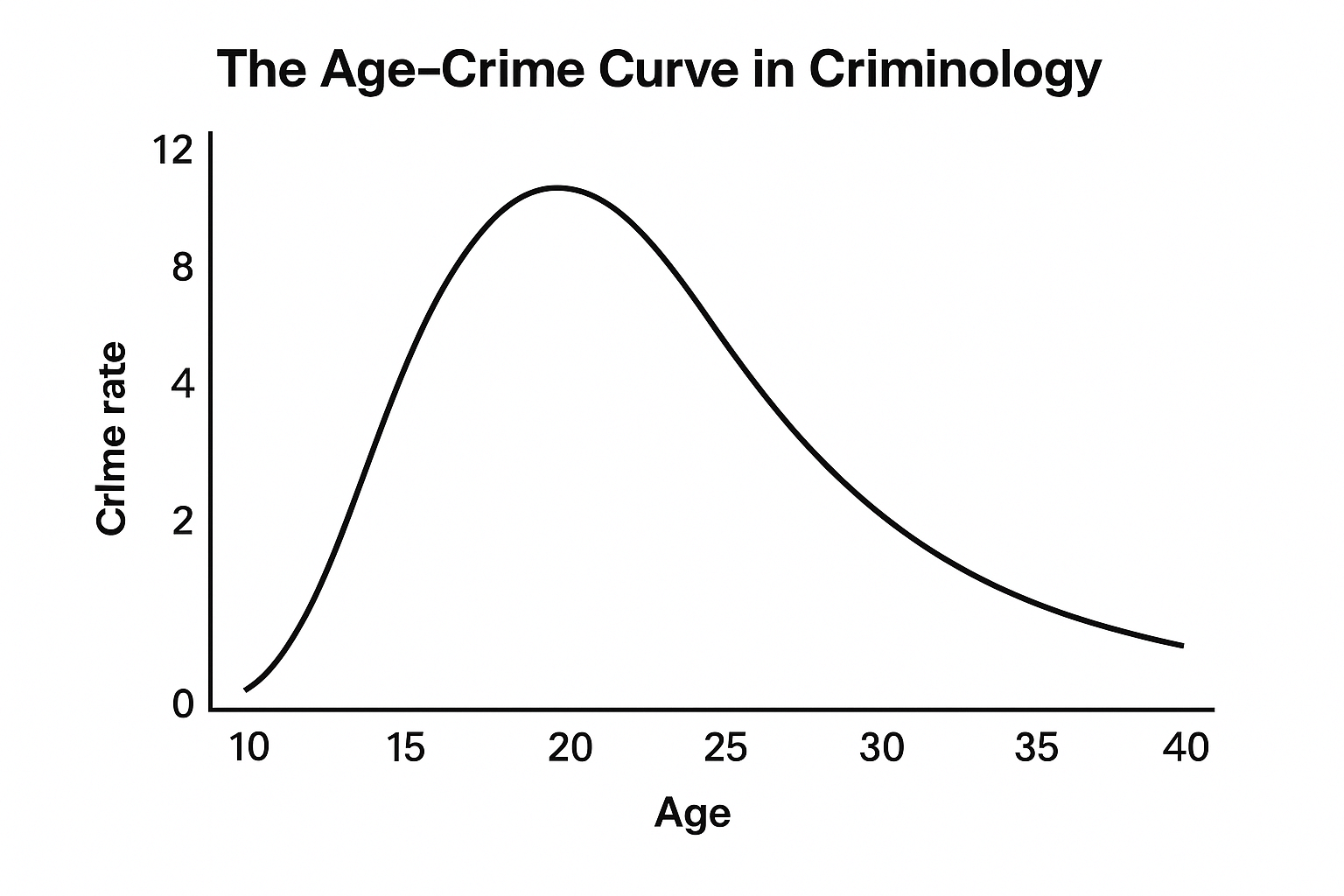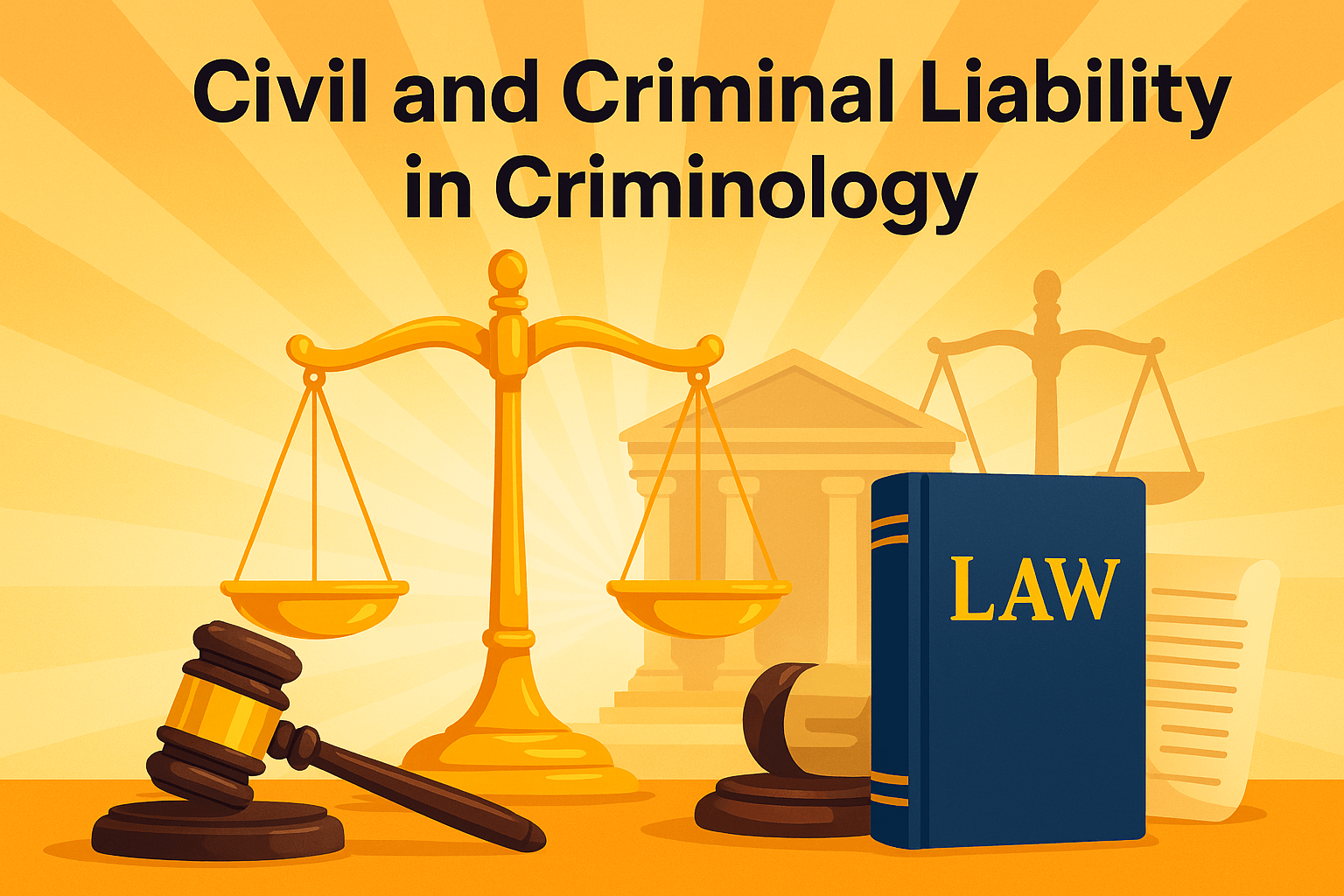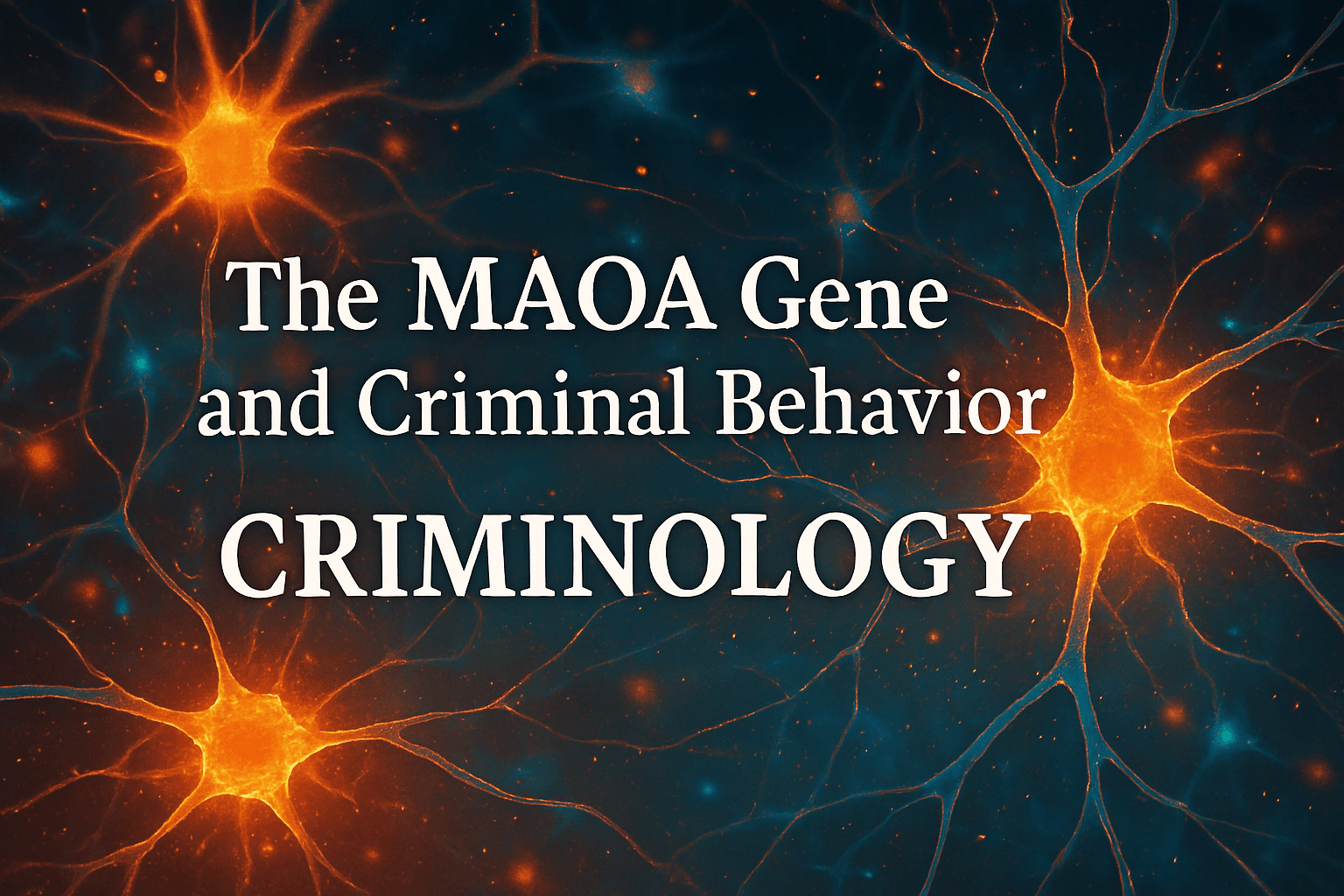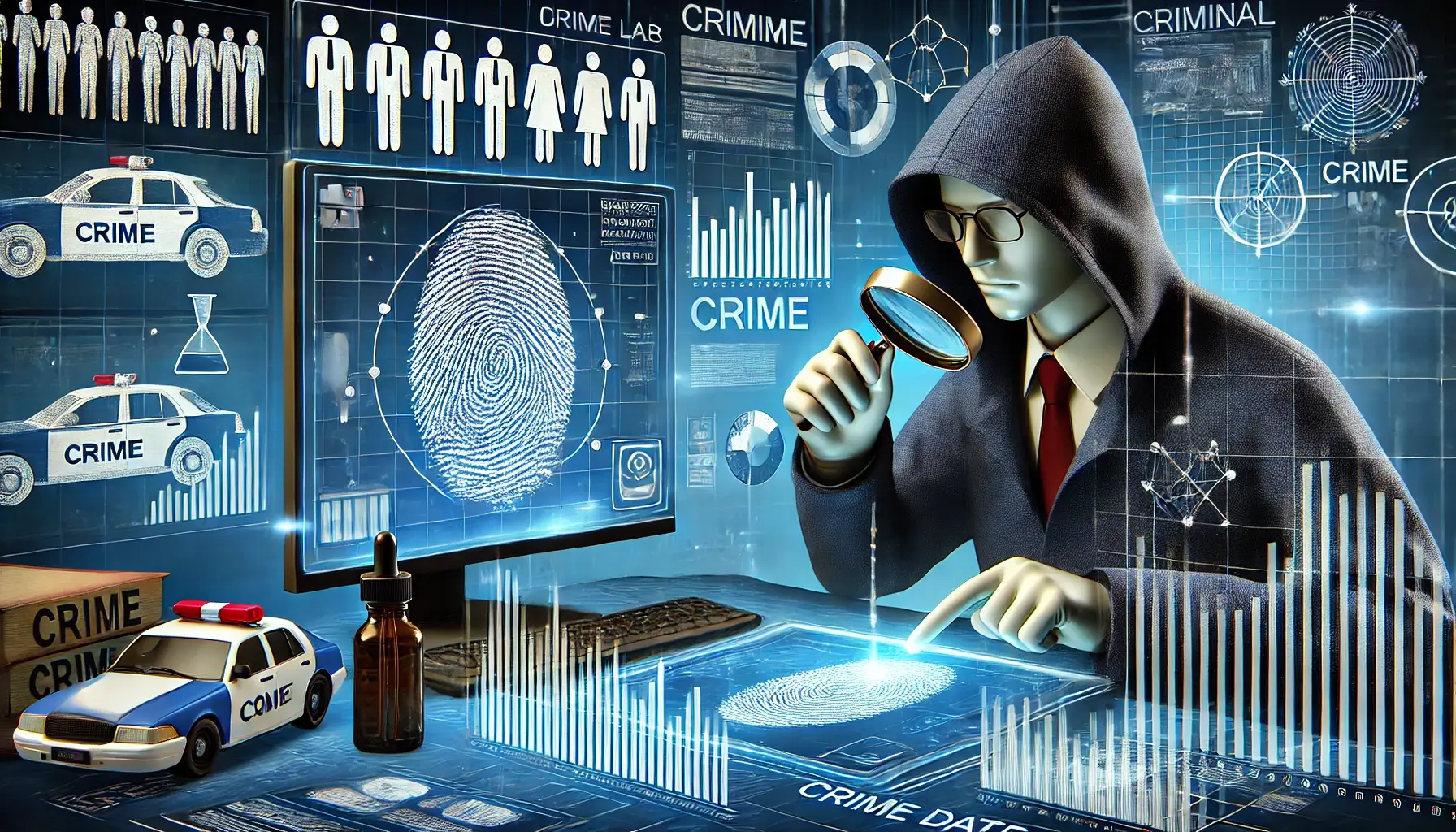The Role of Robert Merton in Criminology: Strain Theory
Introduction Robert Merton stands as one of the most influential figures in the field of sociology and criminology. Known for his groundbreaking Strain Theory, Merton redefined the way scholars and policymakers understand the causes of deviant and criminal behavior. His work laid a foundational framework that continues to influence criminological research, public policy, and academic … Read more

